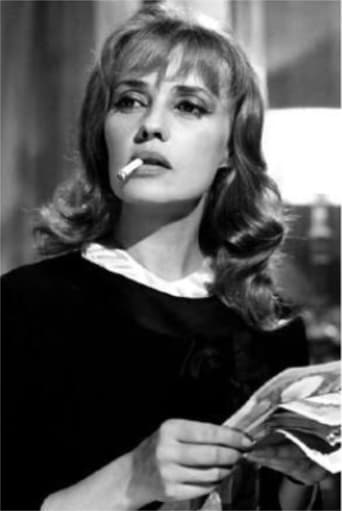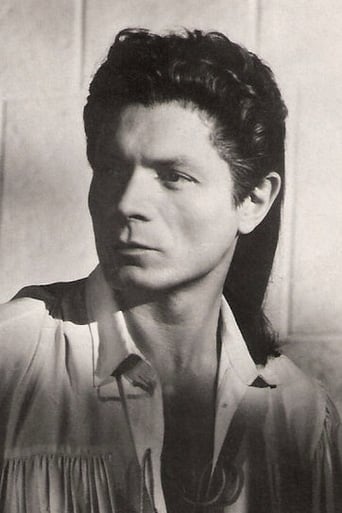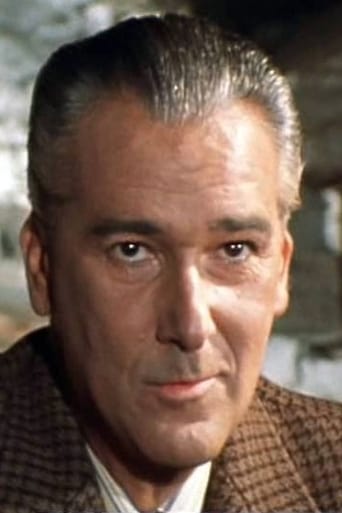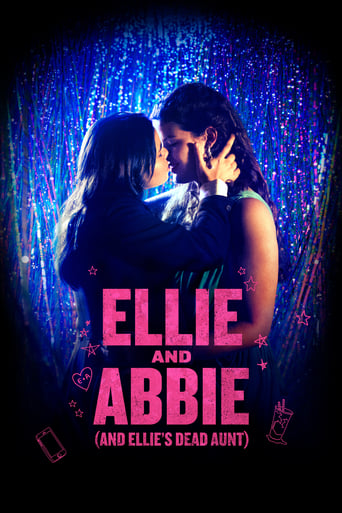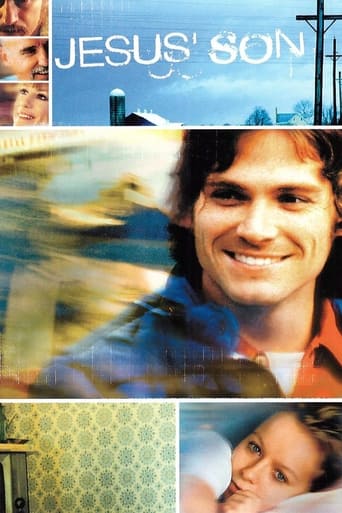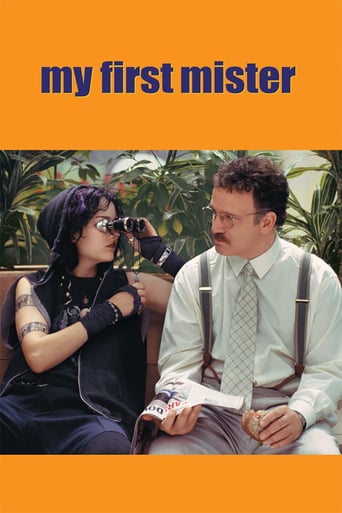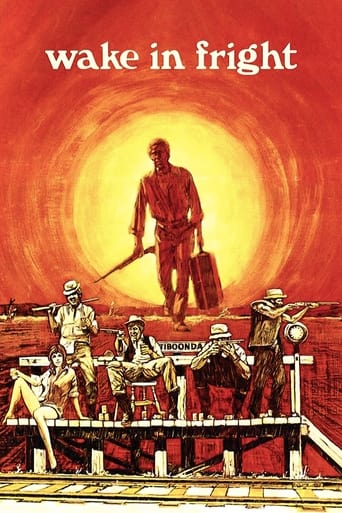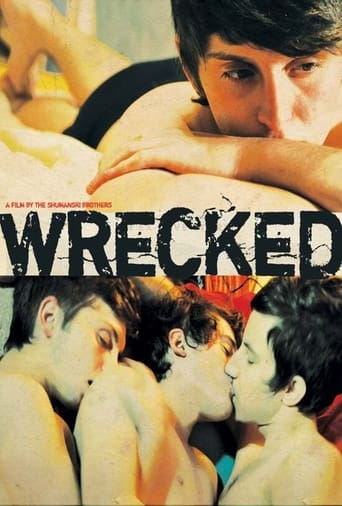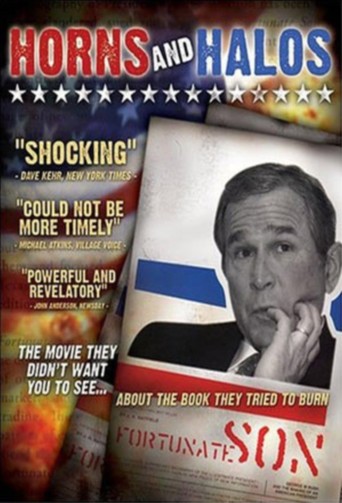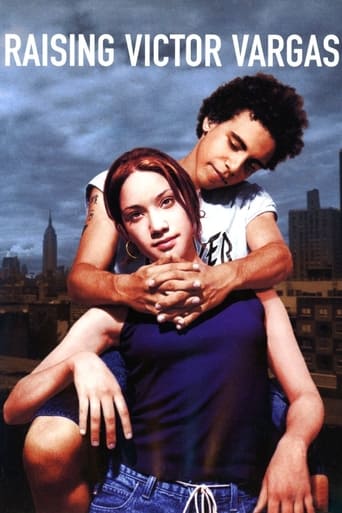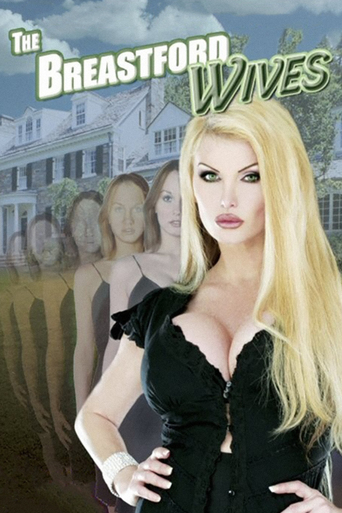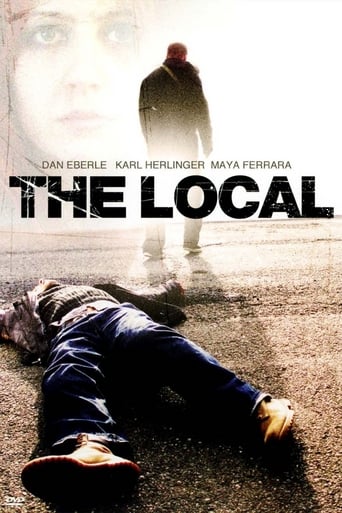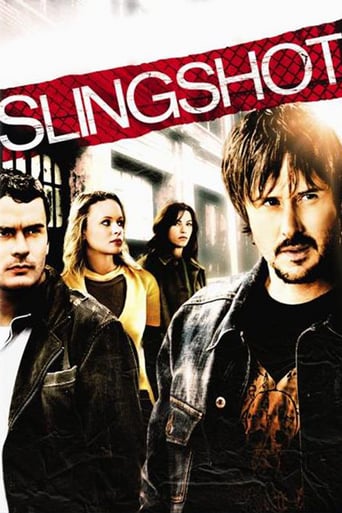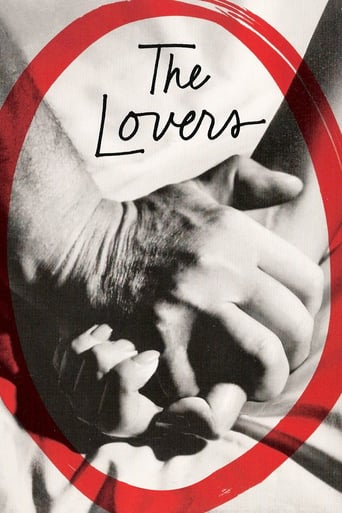
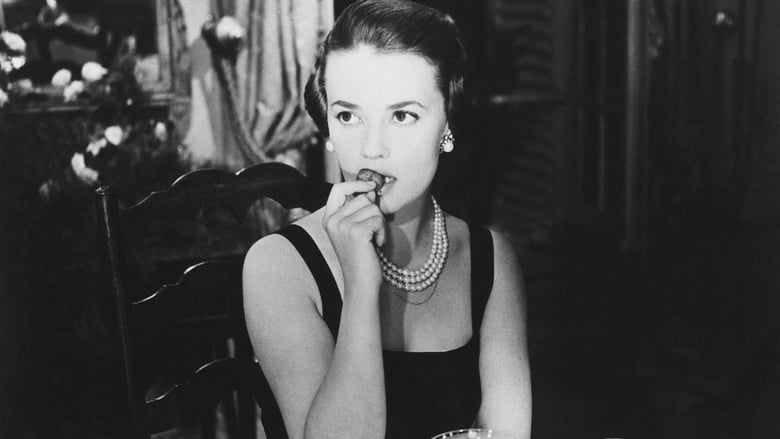
The Lovers (1958)
A shallow, provincial wife finds her relationship with her preoccupied husband strained by romantic notions of love, leading her further towards Paris and the country wilderness.
Watch Trailer
Cast


Similar titles
Reviews
Save your money for something good and enjoyable
If you don't like this, we can't be friends.
Am i the only one who thinks........Average?
A great movie, one of the best of this year. There was a bit of confusion at one point in the plot, but nothing serious.
I mostly enjoyed this film a lot. Certainly it's camera movement and use of deep focus is exemplary. Interestingly, it is only the focal point of the narrative that I found disappointing and over-played. The use of Brahms here strikes me as heavy handed as the use of Satie in Malle's soon-following The Fire Within seemed natural and complimentary. Most scenes struck me as subtly satiric, and I wondered if it wasn't something of an inspiration for The Graduate.
The bored and empty upper-class Jeanne Tournier (Jeanne Moreau) lives in a manor with many servants in the countryside of Dijon with her husband Henri Tournier (Alain Cuny) and their daughter Catherine. Henri is the editor of The Burgundy Monitor and has been married to Jeanne for eight years, but he does not give much attention to his wife. Jeanne travels frequently to the house of her childhood friend Maggy Thiebaut-Leroy (Judith Magre) in Paris to meet her lover, the famous polo player Raoul Flores (José Villalonga). One day, Henri suspects of the frequent trips of Jeanne to Paris and invites Maggy and Raoul Flores to have dinner and spend the weekend in his mansion. While driving back home from Paris, Jeanne car breaks down and the archaeologist Bernard Dubois-Lambert (Jean-Marc Bory) that is going to Montbard to visit a professor, gives a ride to Jeanne. Henri invites Bernard to stay with them and during the night, he has a love affair with Jeanne. On the next morning, Jeanne decides to go away from Henri, Catherine and Raoul with her new lover. "Les Amants" is the second film of Louis Malle and I can imagine the impact of this amoral story in 1958, with a mother leaving her daughter to seek true love with her younger lover. The muse of many filmmakers Jeanne Moreau is gorgeous and sensual in the role of a woman ahead her time needy for love and happiness. The cinematography in black and white is wonderful and the open conclusion fits perfectly to this sensual film. My vote is seven.Title (Brazil): "Os Amantes" ("The Lovers")
Louis Malle had quite a running start in his mid-20's. Following the amazing noir feature Elevator at the Gallows- so hip and cool a film that Miles Davis himself did the score- Malle made The Lovers, a drama about a bored and unfulfilled housewife who has a one-night fling with a man she just met by the side of the road and decides to leave her husband and child for him. This is trivializing, of course, what is an incredibly potent and incredibly bittersweet tale that features a filmmaker so confident with his craft already that romance fills any scene that's required like a shotgun aimed directly at its target. When its at its best, The Lovers reminds us why we love watching people falling in love in the movies (or what the characters think in a moment of passion, as does happen in French films since they are some of the best at it), and as a kicker Malle adds a catch, something that elevates it from something more cynical in tone.The main character Jeanne, played by Jeanne Moreau, is married to Henri, who works well enough that she lives pretty much as a bourgeois. She also has a man on the side, a polo sportsman, and sees him from time to time at sort of programmed-to-be-fun locations like an amusement park. She's obviously unhappy, and one might find this looking at it today to look a little dated, like "oh, she's unhappy, she'll go find someone, I've seen this before." And, in fact, she does find someone else, or rather completely by accident or chance or whichever you'd be willing to pick. Her car breaks down on route to a dinner party with her husband and other friends, and a man, Bernard (Bory), a relative of someone in the bourgeois circle but not one himself, picks her up and drives her there. He is invited to dinner and stay the night, and it's here where we see the two have an incredible and deep connection.I should stop now since I've given away whatever sort of "plot" there is here. The Lovers is foremost a character piece, and Malle knows this so he makes it an incredibly rich film of character. We're not seeing just the basics of people like an unfaithful wife or hard-working and bitter husband or sweet woman best-friend to Jeanne or a stuffy Polo guy or even a dashing man out of the blue. There's a lot more nuance to it than that, more that's tucked under and given clarity by the little moments that threaten to shake everything up, be it just a fly in the room or a bat flying in through the window during dinner, or a mention of a time at an amusement park.One can have an moral problem with what Jeanne does, which is leaving her husband and child for a man she just met. Logically, it's absurd and wrong and all that jazz... but when it's filmed and presented like this, it becomes like a hyper-realistic tale, something that should be fantasy but is too real for these characters to pass off. Part of this is how it's filmed and timed. Henri Decae does the cinematography, and with one or two exceptions (in nit-pick fashion I spotted a boom mic in a couple of scenes that made me feel uneasy for such a highly regarded film, which of course passed), it's gorgeously filmed with light streaming in in that last third with Jeanne and Bernard in the garden and in the bedroom at night, given that hyper-realistic sensation that only happens in heightened romance in movies but made earthy and passionate because of the sincerity of the actors.The other part, I must mention, is Jeanne Moreau. She is one of the most captivating and desirable actresses in the past 50 years, but part of that is even as she is fairly young here (late 20s or just turning 30), something about her face looks older, more experienced in the world, weary. Maybe it's just for the character, but it's something about her that makes this and other parts she played in this star-making period so wonderful. Another actress might have made Jeanne look more unsympathetic. Moreau keeps us thinking about what her character may be thinking, disheartened by life and then rejuvenated by some possibility that terrifies her even more (watch her in the last couple of scenes, it's staggering work in the subtlest of ways), or if something with her character has made her react or feel a way that is only possible because she is playing it a certain way. There's magnetism to her here, which goes a great to making the "hot" scenes with her and her partner so memorable.It's precisely un-pornographic, as if I need to point it out following the Supreme Court's ruling that it was *not* pornographic precisely because the Judge "saw it as such", because of the filmmaker's connection and care for his characters even as they're doing possibly foolish and irreversible choices. It's liberating still 51 years later to see characters allowed to be this passionate and erotic on camera - whatever minor flaws, this has more love and lust going on than 2 dozen rom-coms in America as of late with usually not much regard to the way people actually react and think when thrown into romantic peril. At any rate, Happy Valentine's Day!
In 1959 this film was considered as something close to porno, but this is far enough from the reality. Jeanne Moreau was young, nice and attractive. She was the star of this film, which goes slowly as usual in French cinema's style. When you see this type of film you must become a psychologist to penetrate inside the brains of each hero and make some conclusions. Accordingly I concluded that life is not a straight line, suddenly something may happen in our lives that deviate completely this straight line. Formal ethics accepted by the society goes sometimes to extremes that does not enable the persons to behave and feel happy. What's wrong when the current life is disrupted to start a new one? At this point I advise you to see this old, and black and white film, which may compel you to think and to conclude something new, probably different to what I am saying here.


